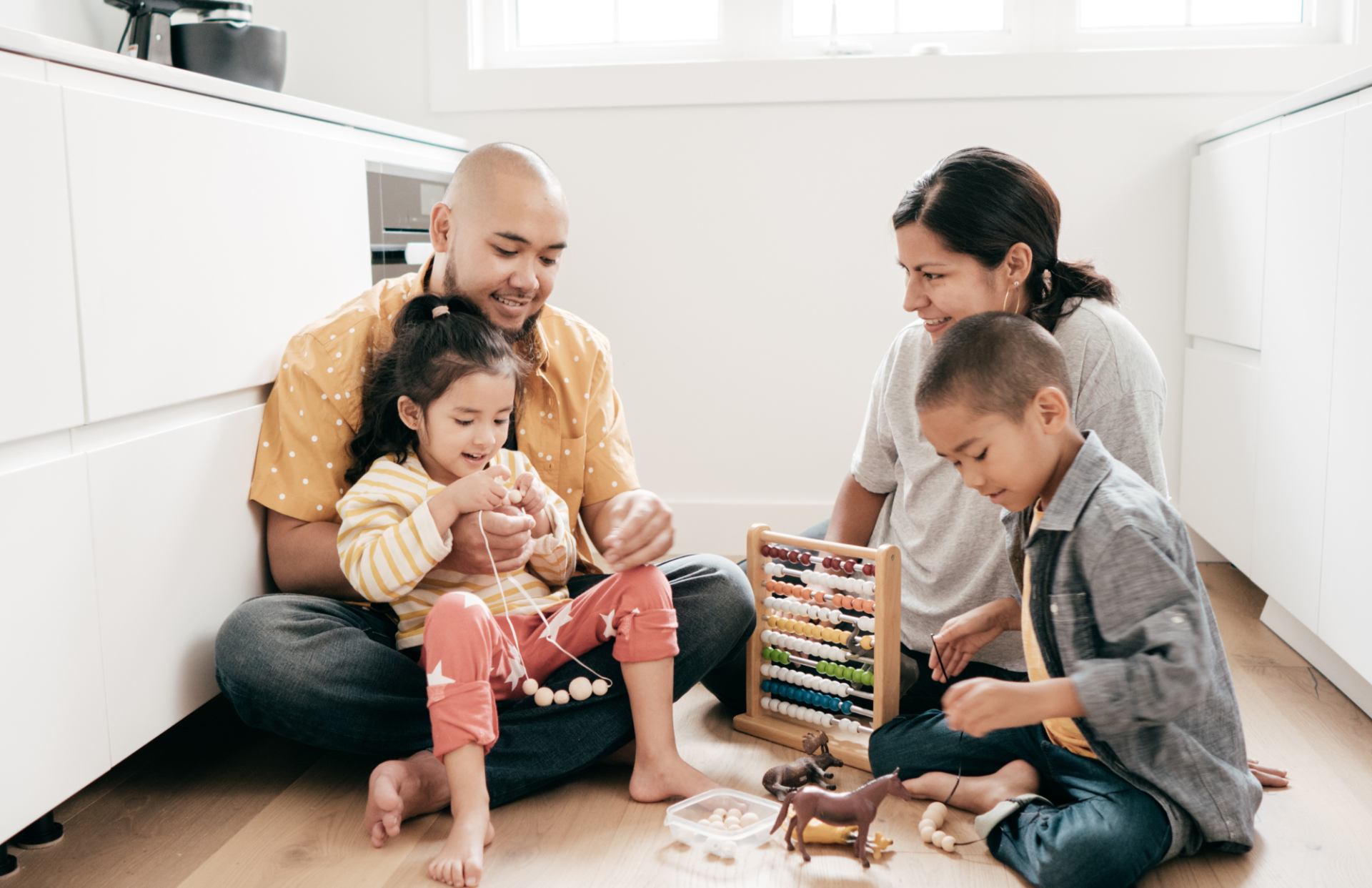Children learn values from what they see and hear. It’s not just about telling them to be kind—it’s about how we show kindness in our partnerships, how we apologize when we’re wrong, and how we navigate conflict. Parents need to be consistent in living their values so that children can trust in them.
Stories are powerful tools for shaping identity. Tell stories about your child’s growth and development—“Remember how hard it felt when you would lose your favorite toy and how long you felt upset when that would happen? And now you ask for help!” Share your own childhood stories, including moments when you struggled. These help kids feel seen and less alone.
Normalize struggle and praise effort. When your child faces a challenge, remind them: “You’re learning something new—and that’s hard for everyone.” This encourages resilience and curiosity instead of fear of failure.
As parents, we have to slow down enough to notice patterns. Does your child tune out when you talk too much? Are they more reactive before lunch? When we are dysregulated, it can escalate things further. The more we observe with presence, the more skillful we become at supporting, and when needed, guiding rather than reacting.
If your child avoids you when you call them, try adjusting your approach:
- Come down to their level.
- Gently touch their shoulder.
- Use calm, respectful language:
“I see you’re really focused on your book. I just need a quick answer, and then you can get back to reading.”
Too many commands or questions can overwhelm a child’s nervous system. Be intentional and brief in your communication.
If you’re parenting multiple children, sibling conflict may be a sign someone needs more connection. Carve out 5–15 minutes of child-led one-on-one time. Let them choose the activity, and be fully present. This builds trust and regulates their nervous system through connection.


